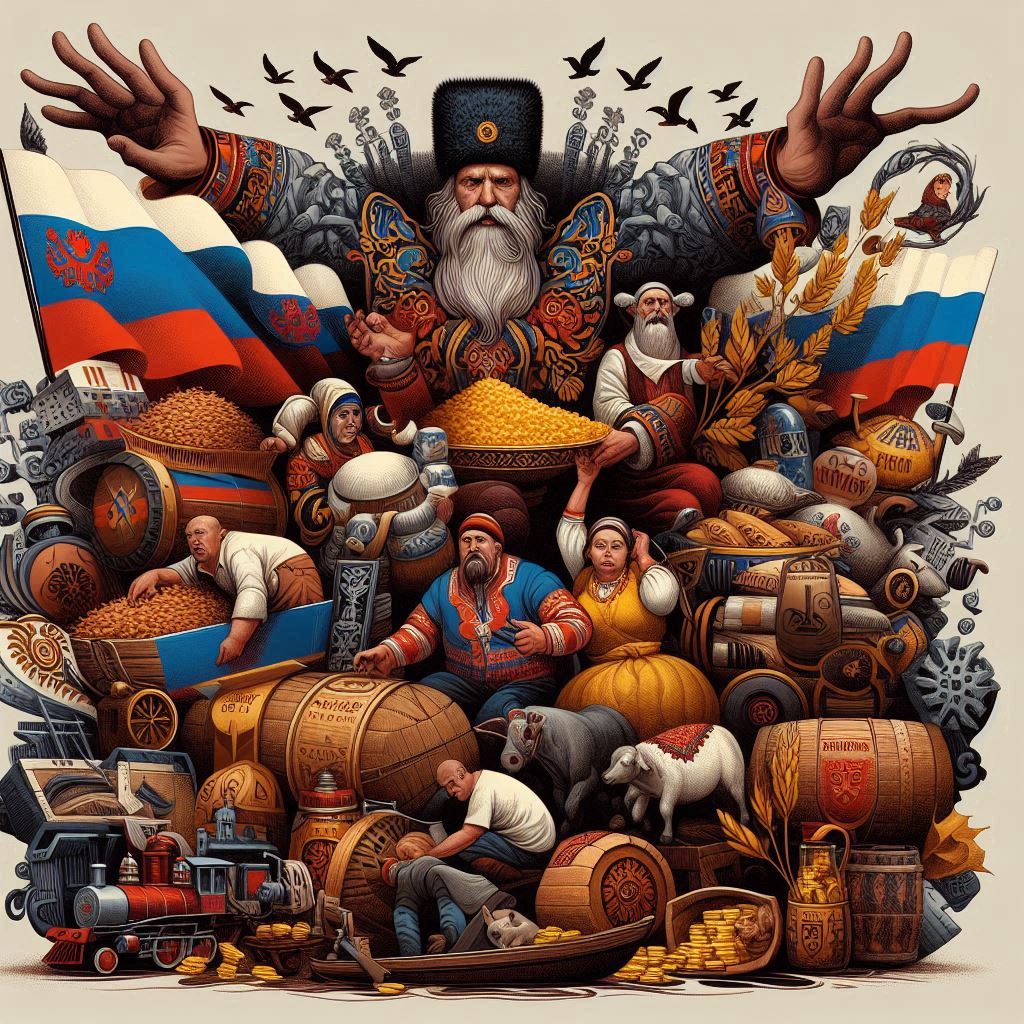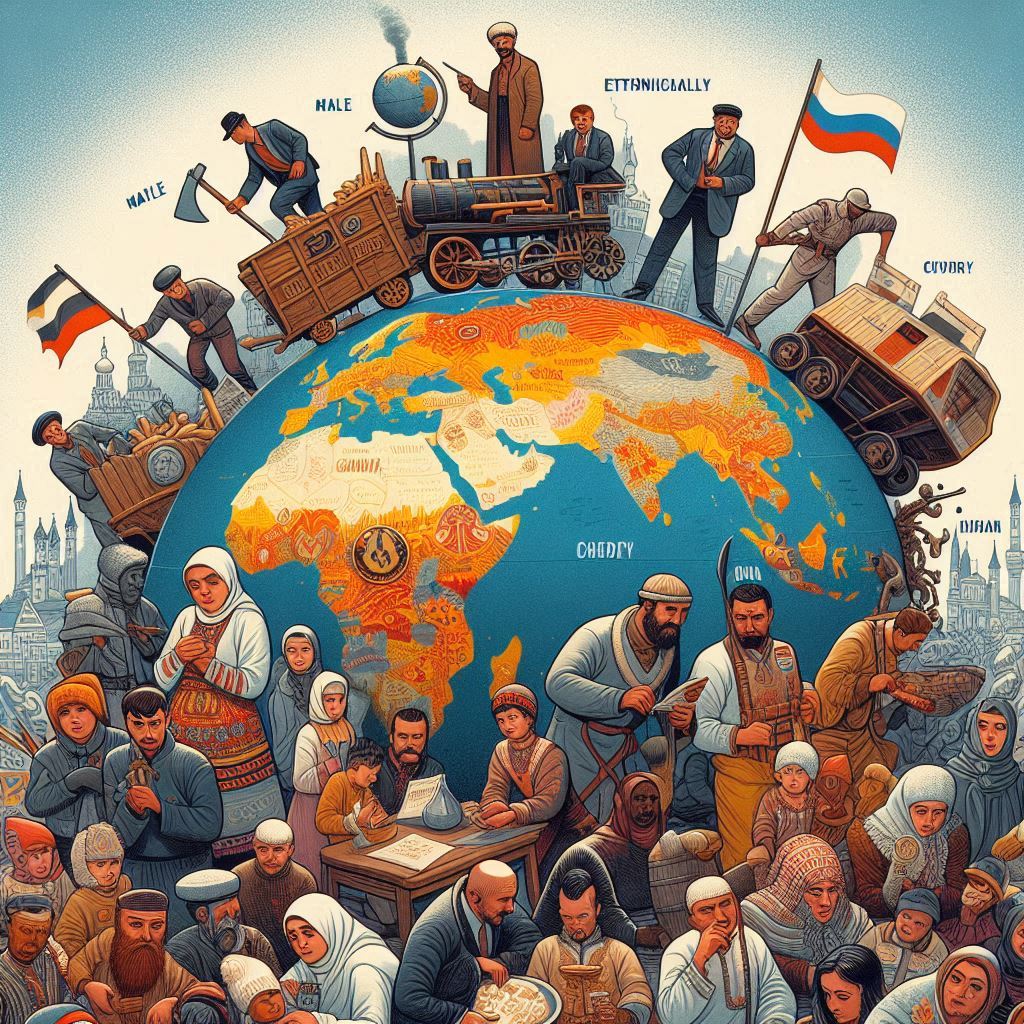烏俄戰爭爆發後,俄羅斯人的平均工資大幅降低
在烏俄戰爭爆發後,西方國家對俄羅斯實施多輪經濟制裁,嚴重影響該國的經濟結構。這些制裁主要針對金融、能源、科技等關鍵領域,導致許多國際知名企業決定撤出俄羅斯市場或停止其業務,這不僅改變當地的經濟環境,也影響俄羅斯人民的日常生活。
首先,制裁之後,許多大型跨國公司迅速宣布退出俄羅斯市場。一些知名品牌的撤出尤其引人注目。像麥當勞(McDonald's),這家快餐巨頭在俄羅斯經營30多年,但在2022年5月宣布退出俄羅斯市場,並將其資產出售給當地的一個企業家亞歷山大.戈沃爾,後者將其重新品牌為「Vkusno & tochka」(意為「美味就這樣」)。星巴克(Starbucks)和可口可樂(Coca-Cola)也在同一年終止在俄羅斯的業務,對當地年輕消費者的日常生活產生直接影響。全球知名的家具連鎖店IKEA,也暫停在當地的銷售並計劃完全撤出。科技公司如蘋果(Apple)、微軟(Microsoft)、谷歌(Google)也相繼限制或停止其在俄羅斯的銷售與服務,這使得俄羅斯人在獲取國際技術產品和服務方面面臨困難。
這些公司撤出不僅是對該國經濟的打擊,也深刻影響當地的就業市場。成千上萬的俄羅斯人失去在這些國際企業中的工作機會,同時也失去部分高品質的產品與服務,尤其是科技產品、消費品和金融服務領域的外資撤出,讓整體的市場結構發生根本變化。
至於當地人民的收入情況,自制裁以來,由於經濟的衰退和貨幣盧布的波動,俄羅斯人的實際購買力明顯下降。根據俄羅斯官方數據,2023年俄羅斯的平均工資大約在每月60,000至70,000盧布之間(相當於大約600至700美元,具體視盧布匯率波動而定)。而許多大學教授月收入低於200美元,職業的醫生有600美元以上,開刀的醫生則有1,500美元區間。然而,實際情況可能更加糟糕,因為這是全國平均數,莫斯科和聖彼得堡等大城市的工資水平明顯高於偏遠地區。而且,由於俄羅斯的通貨膨脹問題,生活成本不斷上升,民眾實際感受到的購買力遠低於數字反映的水平。
普丁採取一系列應對措施來穩定經濟,主要是通過增加內部投資、加強與亞洲國家(尤其是中國和印度)的經濟聯繫來彌補西方企業撤出的影響。然而,這些舉措的效果有限,特別是在高端技術和金融領域,俄羅斯目前仍面臨嚴重的制約。
總的來說,烏俄戰爭引發的國際制裁使俄羅斯的經濟結構受到重大打擊,許多國際知名企業相繼撤離,這不僅影響當地就業市場,也使當地消費者失去接觸全球化產品和服務的機會。同時,由於財富縮水與物價上漲,當地人民的實際工資水準和生活質量也受到不小的影響。而長期依賴石油及軍工產業的俄羅斯,並沒有輕工業的產業,持續從國外進口商品只會讓國內的通膨更加嚴重。
After the outbreak of the Russo-Ukrainian war, Western countries imposed multiple rounds of economic sanctions on Russia, severely impacting the country's economic structure. These sanctions primarily targeted key sectors such as finance, energy, and technology, leading many well-known international companies to decide to withdraw from the Russian market or cease their operations. This not only changed the local economic environment but also affected the daily lives of the Russian people.
First, following the sanctions, many large multinational companies quickly announced their exit from the Russian market. The withdrawal of some iconic brands was particularly noteworthy. McDonald's, the fast-food giant that had operated in Russia for over 30 years, announced its departure in May 2022, selling its assets to a local entrepreneur, Alexander Govor, who rebranded it as "Vkusno & tochka" (meaning "Tasty and that's it"). Starbucks and Coca-Cola also ended their operations in Russia in the same year, directly impacting the daily lives of young local consumers. The globally renowned furniture chain IKEA suspended its sales and planned a full withdrawal from the country. Technology companies like Apple, Microsoft, and Google also restricted or stopped their sales and services in Russia, making it difficult for Russians to access international tech products and services.
The withdrawal of these companies not only dealt a blow to the country's economy but also deeply affected the local job market. Thousands of Russians lost their jobs with these international firms and access to high-quality products and services, especially in the fields of technology, consumer goods, and financial services, was lost. This has fundamentally changed the overall market structure.
As for the income levels of the local population, since the sanctions began, the combination of economic recession and fluctuations in the ruble has significantly reduced Russians' real purchasing power. According to official Russian data, in 2023, the average monthly wage in Russia was between 60,000 and 70,000 rubles (approximately $600 to $700, depending on ruble exchange rate fluctuations). However, many university professors earned less than $200 per month, while doctors could earn over $600, with surgeons making around $1,500. The actual situation may be worse since these figures represent national averages, and wages in major cities like Moscow and St. Petersburg are significantly higher than in remote areas. Additionally, due to inflation in Russia, the rising cost of living means that the real purchasing power felt by citizens is far lower than these numbers suggest.
In response, Putin has implemented various measures to stabilize the economy, mainly by increasing domestic investment and strengthening economic ties with Asian countries, particularly China and India, to compensate for the impact of Western companies' withdrawal. However, these efforts have had limited success, especially in high-tech and financial sectors, where Russia still faces significant constraints.
In summary, the international sanctions triggered by the Russo-Ukrainian war have dealt a major blow to Russia's economic structure, with many well-known international companies exiting the market. This not only affected the local job market but also deprived local consumers of access to global products and services. Additionally, due to shrinking wealth and rising prices, the real wage levels and quality of life of the local population have been significantly affected. Long reliant on the oil and defense industries, Russia lacks a robust light industry, and continued reliance on imports will likely exacerbate the country's inflation problem.


照片:DALLE3
- 1
- 2
- 3
- 4
